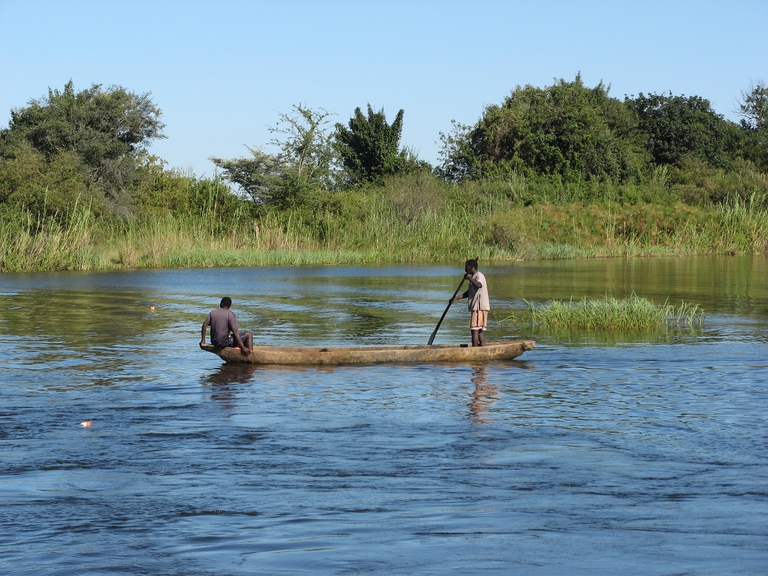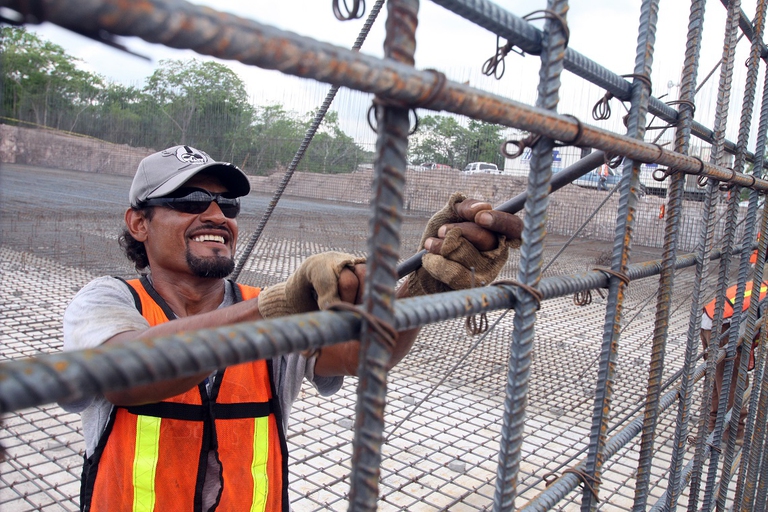
A report by Ember explains that in 2025 electricity generation from renewables (solar, wind and hydropower) surpassed that from fossil fuel sources.
This year’s edition of World Water Day is dedicated to leaving no one behind in achieving SDG 6, which aims to ensure access to clean water and sanitation for all.
Water is life. Life on our Planet originated from water, and without it the world would cease to exist. Two thrids of our body, as well as the Earth, is made up of water. Water played a central role in making human existence possible: from fish that came out of the primordial soup to reach the dry land, to all those civilizations that rose up on the shores of a sea or along a river.
22 March is World Water Day, the day chosen by the United Nations in 1993 to highlight the importance of preserving this source and making it available to everyone worldwide. According to UNICEF, indeed, there are about 750 million people in the world who don’t have access to drinking water, while in other countries people have drinking water even in the toilet.
The theme of World Water Day 2019 is “Leaving no one behind“, a clear reference to the underlying objective of the Sustainable Development Goals (SDGs), to improve the living conditions of all the world’s inhabitants. In particular, SDG number 6 aims to “ensure availability and sustainable management of water and sanitation for all”. Today, over 2 billion people worldwide don’t have clean and safe water in their homes, and many groups such as women, children, refugees, indigenous peoples and disabled people are marginalised and face discrimination in accessing this essential resource.
Water is essential to survive and protect our health – one third of the world’s population doesn’t have access to adequate sanitation – but is also of vital importance for creating new jobs and promote economic, social and human development. The 2017 edition of World Water Day was dedicated to wastewater to highlight the importance of a correct management of wastewater for human and environmental health, especially of marine ecosystems. The UN wants to improve by 2030 “water quality by reducing pollution, eliminating dumping and minimizing release of hazardous chemicals and materials, halving the proportion of untreated wastewater and increasing recycling and safe reuse globally”.
On the occasion of the international day, that aims to highlight the need to reduce consumption of water resources at home as well as globally, a number of initiatives have been organised throughout the world.
We’ve long taken it for granted, but water is not an infinite resource. Climate, agriculture, health and life itself on our Planet depend on it. The hashtags used in the social media are #WaterIsWork and #WorldWaterDay.
Siamo anche su WhatsApp. Segui il canale ufficiale LifeGate per restare aggiornata, aggiornato sulle ultime notizie e sulle nostre attività.
![]()
Quest'opera è distribuita con Licenza Creative Commons Attribuzione - Non commerciale - Non opere derivate 4.0 Internazionale.
A report by Ember explains that in 2025 electricity generation from renewables (solar, wind and hydropower) surpassed that from fossil fuel sources.
The Tyler Prize, considered the “Nobel Prize for the Environment,” has been awarded to Toby Kiers, an American biologist working in Amsterdam.
Our species took its first steps in a world covered in trees. Today, forests offer us sustenance, shelter, and clean the air that we breathe.
Belgium is one of the countries most exposed to climate change. Dune–dikes are a solution to curb sea-level rise.
Between October 2024 and September 2025, the average temperature in the Arctic was 1.6 degrees Celsius higher than during the 1991–2020 period.
Undeclared conflicts of interest, paid authors, lack of transparency: one of the most cited studies on glyphosate, published in 2000, has been retracted.
The Copernicus service has released data for the first eleven months of 2025: global warming is set to come close to last year’s record.
The European Council and Parliament have reached an agreement on the European Commission’s proposal to deregulate new GMOs. But farming, organic agriculture, and environmental organizations are calling for it to be stopped.
The world’s second-largest producer has taken a historic decision. However, farms will have until 2034 to shut down.









